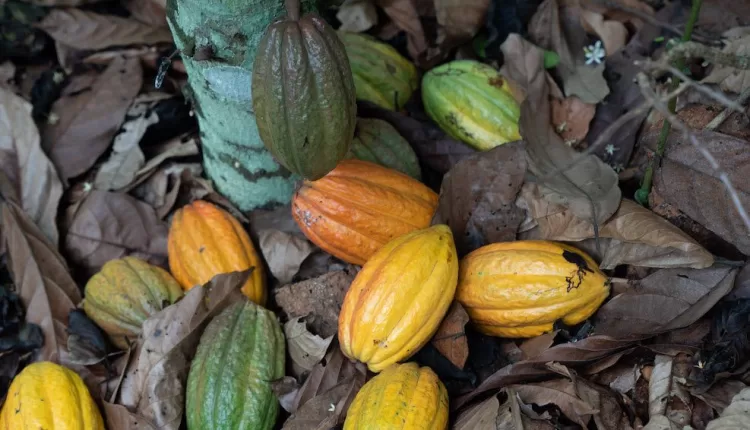Did you ever wonder who grows the cocoa beans used to make your chocolate? Six million farmers around the world bring you this sweet crop.
It was a sacred Aztec beverage. Its melting point, just below body temperature, seems to have been purposefully designed to delight. Chocolate is one of life’s great pleasures, and cocoa farming is essential to rural prosperity in some tropical countries.
Here is what you should know about the sustainability of your favorite indulgence:
- Sharing the Love with Cocoa Farmers
 The prosperity of cocoa farmers affects all chocolate lovers. Smallholder farmers today often struggle with poverty. But diversification and good agricultural practices, with the right plants and proper management, can help double or triple their yields and support their livelihoods.
The prosperity of cocoa farmers affects all chocolate lovers. Smallholder farmers today often struggle with poverty. But diversification and good agricultural practices, with the right plants and proper management, can help double or triple their yields and support their livelihoods.
- No Rainforest in Your Pralines
 The two main cocoa-producing countries, Côte d’Ivoire and Ghana, have experienced dramatic forest loss.
The two main cocoa-producing countries, Côte d’Ivoire and Ghana, have experienced dramatic forest loss.
Governments and companies are taking action through the Cocoa & Forests Initiative to end cocoa-related deforestation.
Companies are for instance planting 12.6 million native trees, and supporting farmers in growing more cocoa on less land to disincentivize forest encroachment.
- Brazilian Beans to Save the Amazon

Cocoa is native to the Amazon, and is currently used to restore degraded lands in Brazil. In Latin America, cocoa can be forest-positive, with farmers growing our chocolate with other native plants and trees.
- Your Chocolate Bar Keeps the Peace

Did you know that cocoa has contributed to put an end to violent conflicts? In Colombia, within the framework of the Peace process, farmers break away from illegal crops and have embraced cocoa as a sweet alternative.
- Thriving Communities for Guilt-Free Chocolate

Chocolate lovers want a safe and conducive environment for farming families, especially women and children. Child labor is widespread in African agriculture, but has no place in your chocolate.
We have seen progress, with a 50% reduction in child labor where monitoring and remediation systems have been implemented.
Strategies such as access to credit and land ownership have a positive impact on women, their families and their communities.
- Bonbons for your Children, and their Children
Climate change is impacting cocoa-growing regions, but we do not need to start planning our goodbyes. By lending a hand to cocoa farmers, we can help them cope and adapt, and preserve the sweet treat and our planet for future generations.
- Major Ghana Cocoa Region 81% Infected with Bean Disease - July 22, 2024
- Ghana to Delay More Cocoa Deliveries as Supply Crisis Worsens - June 12, 2024
- Cocoa Production Helping Mitigate Climate Change Impact - June 10, 2024
